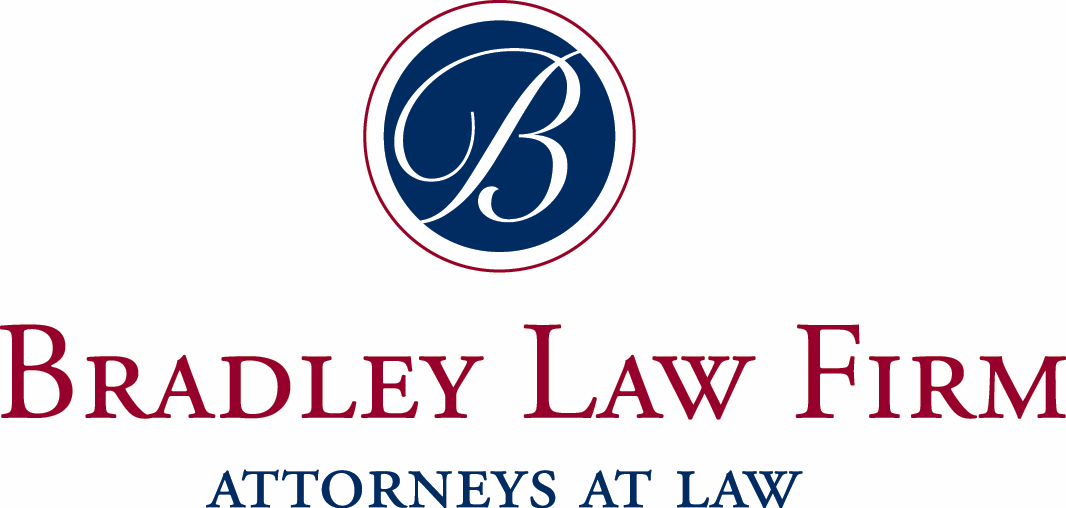March 17, 2023
When it comes to holding mineral rights, there are several vehicles to consider for effective asset management and protection. Two common choices are Limited Liability Companies (LLCs) and Trusts. In this blog post, we will examine the pros and cons of each, providing you with valuable insights to make an informed decision for your unique situation. As always, we at Bradley & Hammond Law Firm are here to help you navigate the complexities of mineral ownership and management. Limited Liability Companies (LLCs) An LLC, or Limited Liability Company, is a legal business structure that combines the benefits of both corporations and partnerships. It offers limited liability protection to its members (owners), meaning their personal assets are generally shielded from the business's debts and liabilities. Additionally, an LLC typically has pass-through taxation, where profits and losses are reported on the members' individual tax returns, avoiding the double taxation that can occur in corporations. This business structure also provides flexibility in management and operations, as it allows members to customize the company's organization and decision-making processes according to their specific needs. Overall, an LLC is a popular choice for entrepreneurs and small business owners seeking a balance between liability protection, tax advantages, and operational flexibility. Here are the pros and cons of using an LLC to hold mineral rights: Pros: Limited Liability Protection. An LLC provides limited liability protection to its members, meaning their personal assets are shielded from the business's liabilities and debts. This is a significant advantage when holding mineral rights, as it can minimize the risk of personal financial loss due to unforeseen circumstances or disputes. Flexibility in Management. LLCs offer flexibility in terms of management and structure, allowing members to tailor the company to their specific needs. This flexibility can be advantageous when dealing with mineral rights, as it allows for efficient decision-making and ease of operations. Pass-through Taxation. An LLC typically has pass-through taxation, meaning the profits and losses are reported on the members' individual tax returns. This structure can be beneficial as it avoids double taxation, which can occur in other business entities like corporations. Cons: State Fees and Annual Filings. LLCs are subject to state fees and annual filings, which can add to administrative burdens and costs. Public Record. Because LLCs are creatures of the state legislature, all LLC information is generally available in public records, potentially limiting the privacy of the members involved in the mineral rights. Self-employment Tax Considerations . Members of an LLC may be subject to self-employment taxes on their share of the profits, which can increase their overall tax liability. The LLC could elect to be taxed as an S-corp to avoid self-employment taxes, but doing so requires the LLC to follow more strict and complicated tax rules. Trusts A trust is a legal arrangement in which a grantor (also known as a settlor or trustor) transfers assets to a trustee, who then manages these assets for the benefit of one or more beneficiaries. Trusts are established through a written document called a trust agreement, which outlines the terms, conditions, and instructions for the management and distribution of the trust assets. There are various types of trusts, including revocable and irrevocable trusts, each with their own unique features and purposes. Trusts are commonly used for estate planning, asset protection, and tax planning purposes. They can provide privacy, avoid the probate process, and enable long-term control over assets, ensuring that the grantor's wishes are carried out and the beneficiaries' interests are protected. In the context of mineral ownership, it's essential to understand the differences between irrevocable and revocable trusts. An irrevocable trust is a trust that, once established, generally cannot be altered, modified, or terminated by the grantor without court approval or going through a legislatively-authorized decanting process. This inflexibility can offer certain benefits, such as enhanced asset protection from creditors and potential tax advantages. However, it can also be a disadvantage when dealing with mineral rights, where circumstances may change, and adjustments to the trust may become necessary. On the other hand, a revocable trust, also known as a living trust, can be modified or terminated by the grantor during their lifetime. While revocable trusts may not provide the same level of asset protection or tax benefits as irrevocable trusts, they offer greater flexibility in managing mineral rights and adapting to changing circumstances. Ultimately, the choice between an irrevocable and revocable trust for mineral ownership will depend on factors such as the grantor's goals, risk tolerance, and the need for control over the assets. Here are some pros and cons of holding your mineral rights in a trust: Pros: Potential Tax Advantages. Trusts can offer tax advantages, particularly in the estate planning context when transferring wealth to beneficiaries. These benefits may reduce the overall tax burden associated with mineral rights. Privacy. Trusts provide privacy for the grantor and beneficiaries, as they are generally not part of the public record. They are a contractual arrangement, rather than a creature of state legislatures like an LLC. This can be particularly advantageous when holding valuable assets like mineral rights. Avoids Probate. Assets held in a trust avoid the probate process, potentially saving time and expenses for beneficiaries. Mineral rights held personally or in an LLC, by contrast, must go through probate to pass to the next generation. Long-term Control. Trusts allow the grantor to maintain long-term control over assets, including mineral rights, and can provide specific instructions for their management and distribution. The trust itself, depending on how it is written, will often survive the death of the grantor. Cons: Irrevocability (in some cases). Some trusts, particularly irrevocable trusts, cannot be easily modified or terminated once established. This lack of flexibility can be a disadvantage when dealing with assets like mineral rights, where circumstances may change over time. Before setting up a trust, you should carefully evaluate whether an irrevocable trust or a revocable trust is right for your circumstances and goals. More Complex to Establish. Trusts can be more complex and time-consuming to establish compared to LLCs or simply holding the minerals individually, which may result in higher legal fees and additional planning. Trustee Fees. Trusts require the appointment of a trustee to manage the assets, and if the trust allows the trustee to collect management fees, those fees can add to the overall cost of maintaining the trust. Keep it simple: hold the minerals in your own name While LLCs and Trusts are common vehicles for holding mineral rights, another option is to hold these rights in your individual name. Below, we discuss the pros and cons of holding mineral rights in your name to help you better understand this option. Pros: Simplicity. Holding mineral rights in your individual name is the most straightforward option. There is no need to create a separate legal entity or trust, which can save time and legal fees. Direct Control. By owning mineral rights in your name, you retain direct control over the assets and their management. This allows you to make decisions without consulting other members, trustees, or managers. Easier Tax Reporting. As the sole owner of the mineral rights, you report any income, deductions, and credits related to the assets on your personal tax return. This approach can simplify tax reporting compared to managing an LLC or Trust. Cons: Lack of Asset Protection. Holding mineral rights in your individual name exposes your personal assets to potential liabilities associated with the mineral rights. This risk is significantly higher compared to holding assets through an LLC or Trust, which provides a degree of liability protection. Limited Estate Planning Options: When mineral rights are held in your individual name, they become part of your probate estate upon your death. This may result in a more complicated and time-consuming probate process for your beneficiaries. Trusts, in particular, can provide more efficient estate planning options. Ultimately, the decision to hold mineral rights in your individual name, an LLC, or a Trust will depend on your specific circumstances and goals. At Bradley & Hammond Attorneys at Law, we understand that each case is unique, and we are committed to providing personalized legal guidance tailored to your specific circumstances. Our experienced team is well-versed in business law, real estate, estate planning, probate, and oil and gas law, and we are ready to help you navigate the complexities of your mineral rights. Contact us today or call 412-533-2620 (PA) or 817-645-3993 (TX) to schedule a consultation and discuss your options.






